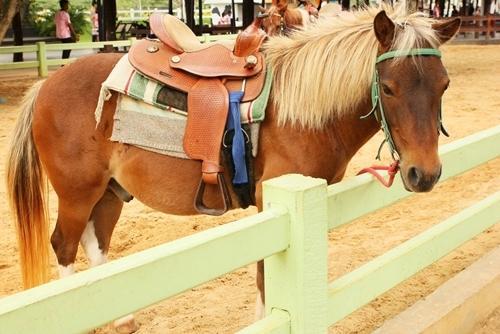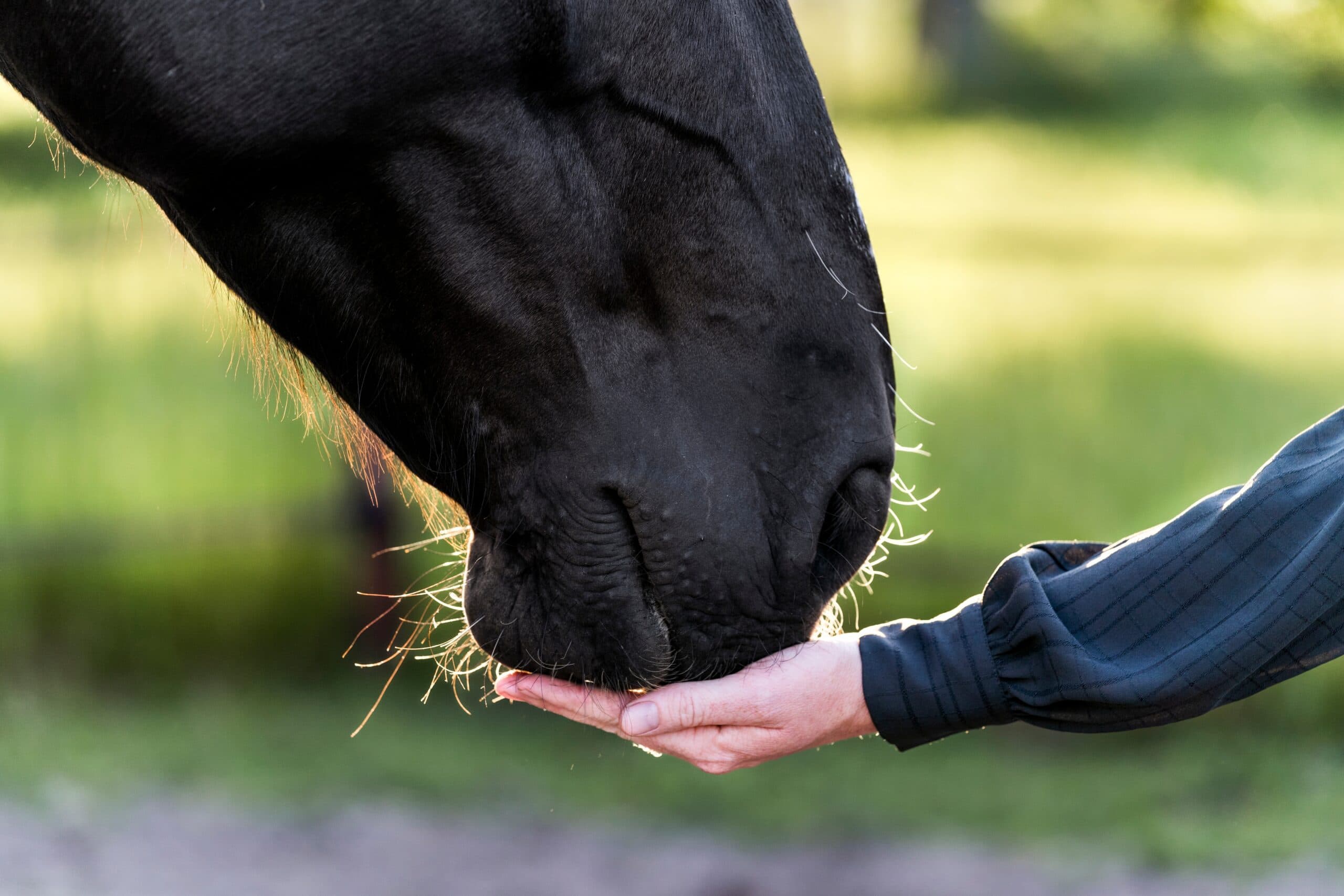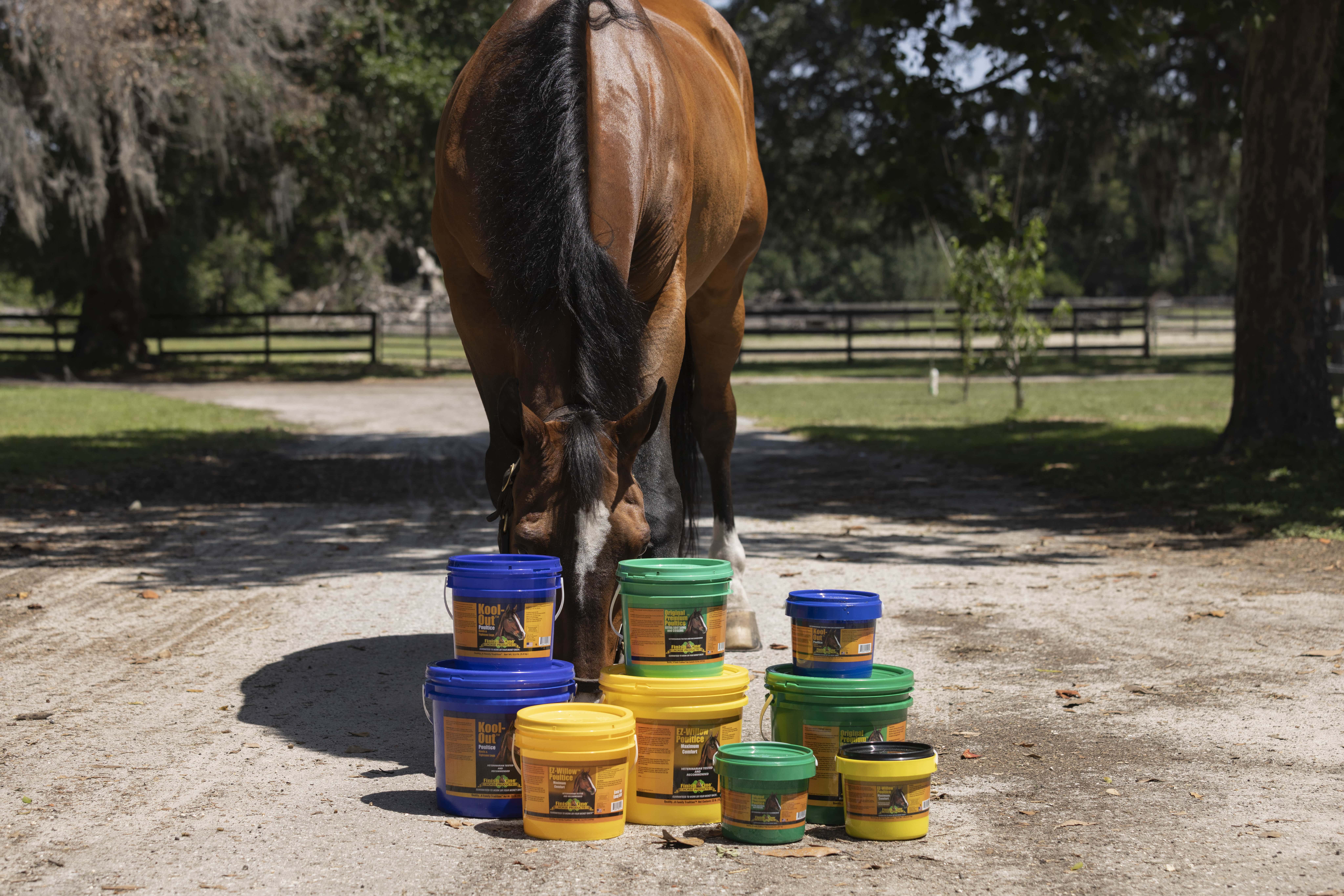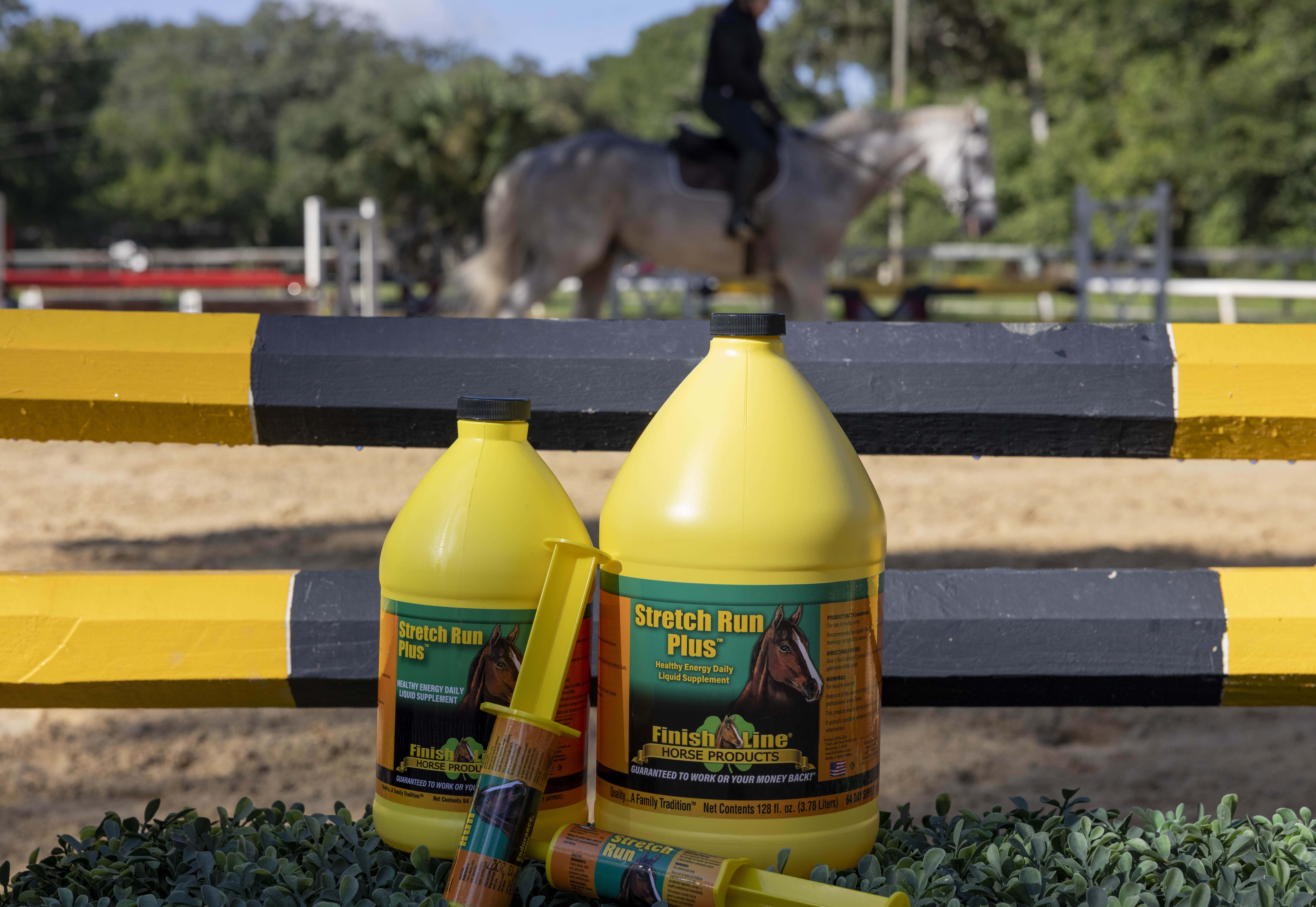As a business and a larger lifestyle choice, the training and breeding of horses is an industry with true economic impact. According to a 2005 report by the American Horse Council, there’s some 4.6 million people working as breeders, service providers or volunteers in the U.S., a number that’s dwarfed only by the nation’s sheer number of horses – over 9.2 million. In all, the industry generates about $39 billion annually, before eventually paying $1.9 billion in yearly taxes.
As such, those in the horse industry have to take steps to diversify themselves and offer products and experiences that make their organizations truly unique. That includes Deb and Mark Burke, who breed rare Egyptian Arabian horses, according to The Roanoke Times.
Preserving a lineage
Since October 2000, the Burkes have raised these horses at the Amethyst Acres Equine Center, located just outside of Buchanan, Virginia. There’s only an estimated 4,800 Egyptian Arabian horses in North America. Noted for their massive nostrils and thick, vertical tails, Egyptian Arabians were first brought to the continent in 1906 through a sponsorship deal established by then-President Teddy Roosevelt.
Amethyst works alongside the Texas-based Arabians Ltd., which is reportedly one of the largest providers of purebred Egyptian Arabians in the world. Amethyst houses the mares while Arabians Ltd. houses the stallions, and the semen is sent via FedEx. Mark Burke, who has a degree in animal science from Texas A&M University, handles the artificial insemination himself, making Amethyst a kind of homegrown fertility clinic.
It’s the breed’s inherent sense of poshness and regality that the Burke’s use to generate the most attention. Deb Burke often tells guests these are the oldest horses in the world, and were ridden by King Solomon himself. And thus far, that tactic has proven quite effective: Fillies from Amethyst are worth as much as $30,000, while the broodmare is insured for $60,000.
Yet it’s more than just money that keeps the Burke’s and their crew in business. Mark Burke said that because Egyptian Arabian horses are so smart, it’s hard to forget your interactions with them. Meanwhile, Deb Burke feels that the center has a role to play in history.
“The cool thing is because they’ve been associated with man for so many centuries, they’re like big dogs,” she said to The Roanoke Times. “We feel like it’s our responsibility to keep them alive for the next generation.”
Special considerations
Arabian horses are noted for their sense of beauty; one young girl who visited the Amethyst center described the horses as magical to The Roanoke Times. Yet that aesthetic is accompanied by certain concerns for the horse’s health and well-being. According to the Arabian Horse Association, this breed requires a rather specific level of care and maintenance.
Most Arabian horses have smaller heads than other breeds. As such, they need bridles that are small in both the cheek and brow areas. Additionally, the shorter back of these horses allows them to carry much more weight than typical pack horses. However, it also means they’ll need a smaller saddle skirt, one no more than 27 inches in length.
Arabian horses also use their feed more efficiently. Generally, they’ll require less food than some of the larger breeds. This may be due to the fact that their ancestors lived in the deserts and had less food available. It is possible, though, to overfeed an Arabian horse, especially when it’s high-protein feed or grain. This overeating can cause bouts of colic and founder, an inflammation of the hooves. Well-fed Arabian horses have contours that are rounded and not angular.
The genetic component
As with most purebred animals, Egyptian Arabian horses also face a number of breed-specific genetic diseases, according to the World Arabian Horse Organization. These include:
- Lavender Foal Syndrome: Though rare, it can cause neurological deficits in newborns. One symptom is the pale or dull coloring of the coat hairs.
- Cerebellar abiotrophy: Slightly more common, this can impact a horse’s sense of balance and coordination.
- Severe Combined Immunodeficiency Disorder: Referred to as SCID, this is when a foal is born with no immune system. Breeders should be aware of this disease, as two horses without genetic markers won’t create an affected offspring.
- Occipital atlanto-axial malformation: This condition causes the vertebrae in a horse’s spinal column to fuse together, resulting in a loss of coordination and sometimes paralysis.
For anyone interested in Arabian horses, it’s a good idea to consult a veterinarian beforehand in order to better understand the varying medical factors.








